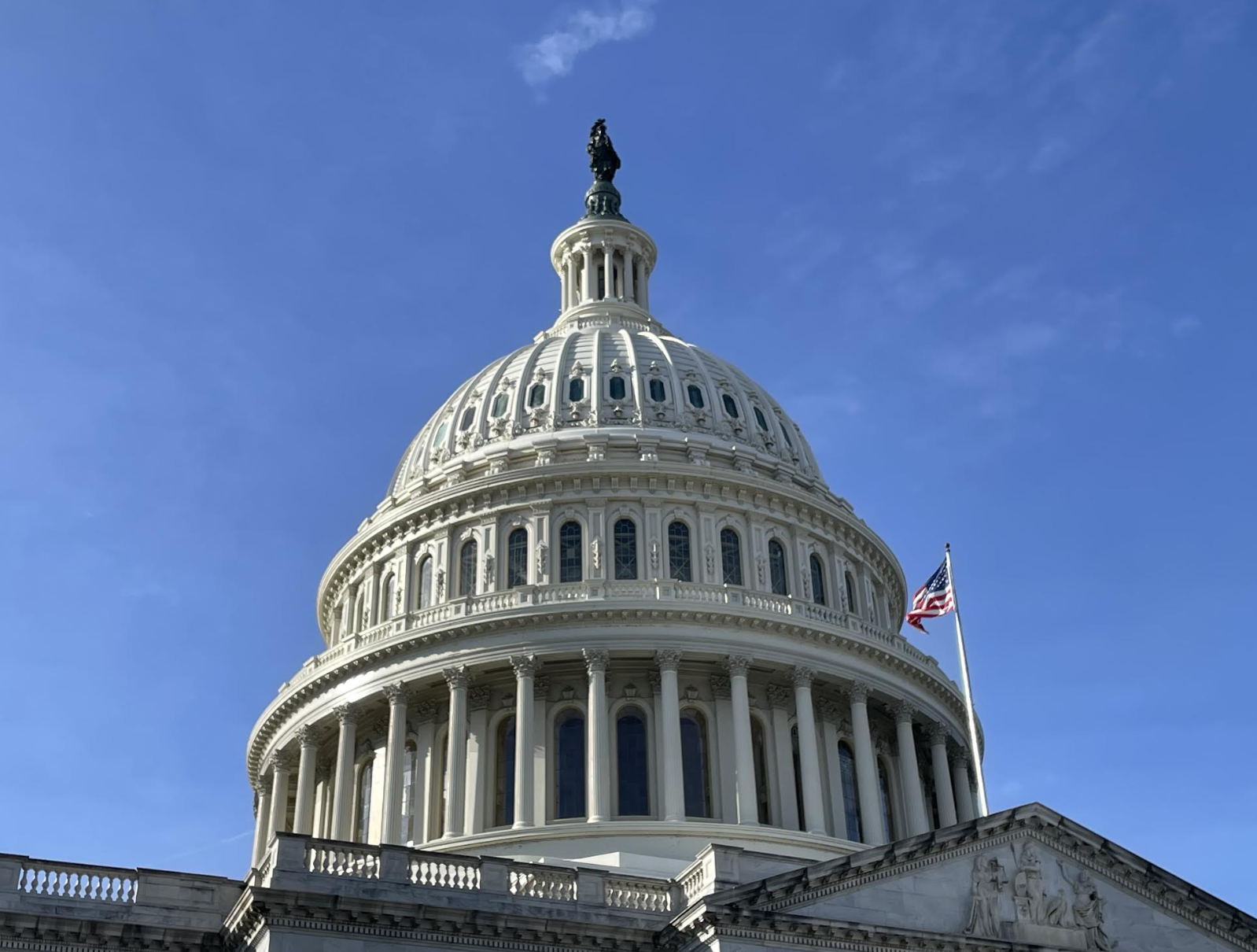
- Details
- By Levi Rickert
The U.S. House of Representatives voted Wednesday evening to end the longest federal government shutdown— 43 days— in history.
Lawmakers approved a spending bill 222-209, with six Democrats joining Republicans to support the measure. The six Democrats who voted to reopen the government were Henry Cuellar (Texas), Don Davis (North Carolina), Jared Golden (Maine), Adam Gray (California), Marie Gluesenkamp Perez (Washington, and Tom Suozzi (New York).
The bill now heads to President Donald Trump’s desk. Trump said he plans to sign it Wednesday night at 9:45 p.m. - EST, according to the White House. With his signature, the longest government shutdown in U.S. history will officially come to an end.
On Wednesday evening, the National American Indian Housing Council (NAIHC), the nation’s leading advocacy organization for Tribal housing, said in a news release the organization welcomed the end of the federal government shutdown and the restoration of vital operations to Tribal housing programs across Indian Country.
“The reopening of the federal government restores access to critical housing resources for Tribal Nations and communities,” said Rudy Soto, NAIHC Executive Director. “While we recognize the difficult negotiations that accompany any budget process, the interruption of essential housing programs directly affects the well-being and stability of Native and Tribal families and communities.”
“Each day that funding and program support were delayed meant Tribal governments were forced to make difficult decisions affecting housing development, maintenance, and safety,” Soto continued. “Moving forward, we urge policymakers to move past partisan gridlock in Washington to prevent future shutdowns that put the federal government’s obligations at risk.”
“As operations resume, we look forward to working with HUD and other federal agencies to strengthen housing development opportunities and uphold the federal government’s responsibilities to Tribal Nations,” Soto concluded.
More Stories Like This
Native News Weekly (August 25, 2024): D.C. BriefsUS Presidents in Their Own Words Concerning American Indians
South Dakota Hotel Owner Found Liable for Discriminating Against Native Americans
Monday Morning (December 22, 2025): Articles You May Have Missed This Past Weekend
Read What Our Year-End Campaign Donors Are Saying
Help us defend tribal sovereignty.
At Native News Online, our mission is rooted in telling the stories that strengthen sovereignty and uplift Indigenous voices — not just at year’s end, but every single day.
Because of your generosity last year, we were able to keep our reporters on the ground in tribal communities, at national gatherings and in the halls of Congress — covering the issues that matter most to Indian Country: sovereignty, culture, education, health and economic opportunity.
That support sustained us through a tough year in 2025. Now, as we look to the year ahead, we need your help right now to ensure warrior journalism remains strong — reporting that defends tribal sovereignty, amplifies Native truth, and holds power accountable.
 The stakes couldn't be higher. Your support keeps Native voices heard, Native stories told and Native sovereignty defended.
The stakes couldn't be higher. Your support keeps Native voices heard, Native stories told and Native sovereignty defended.
Stand with Warrior Journalism today.
Levi Rickert (Potawatomi), Editor & Publisher


